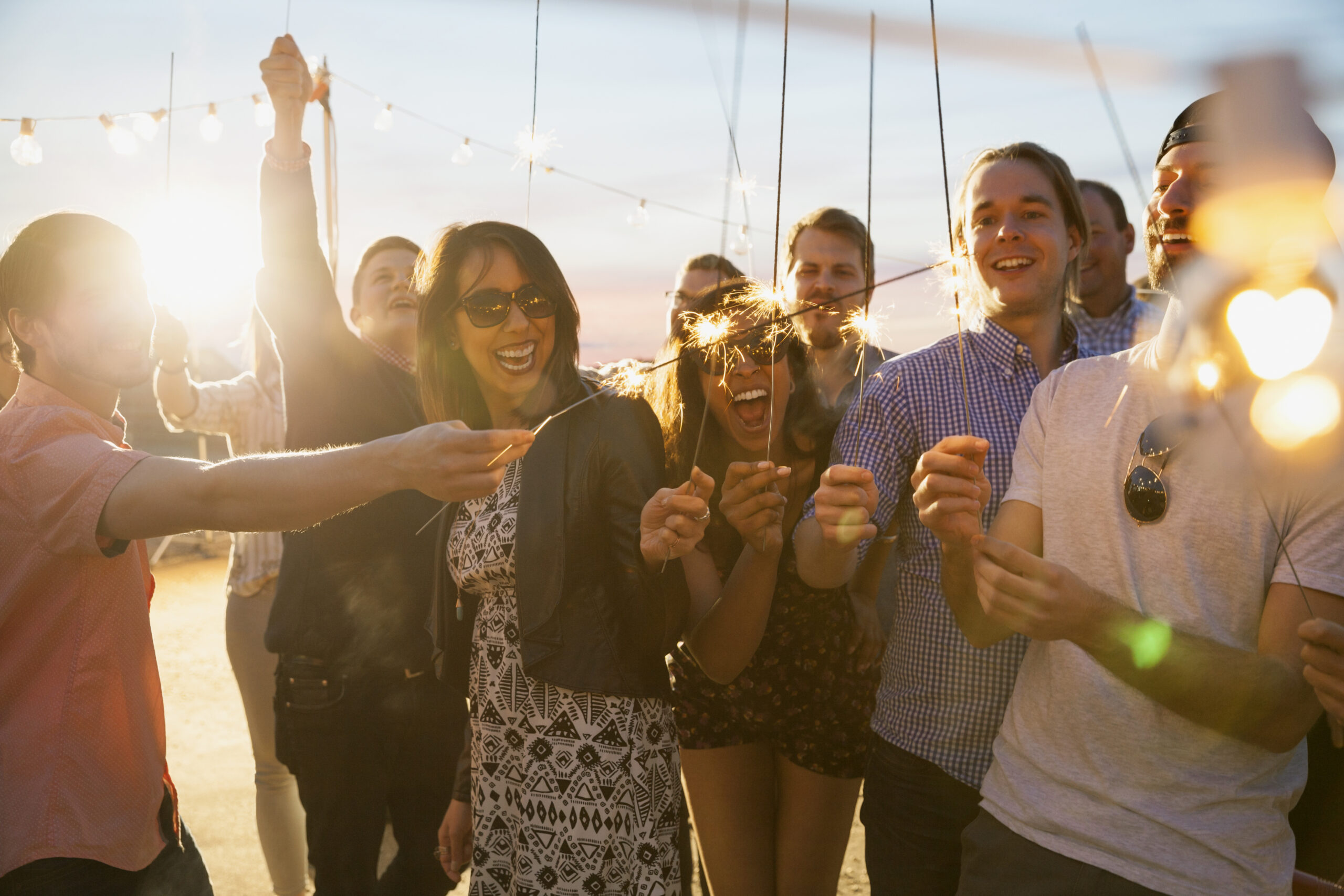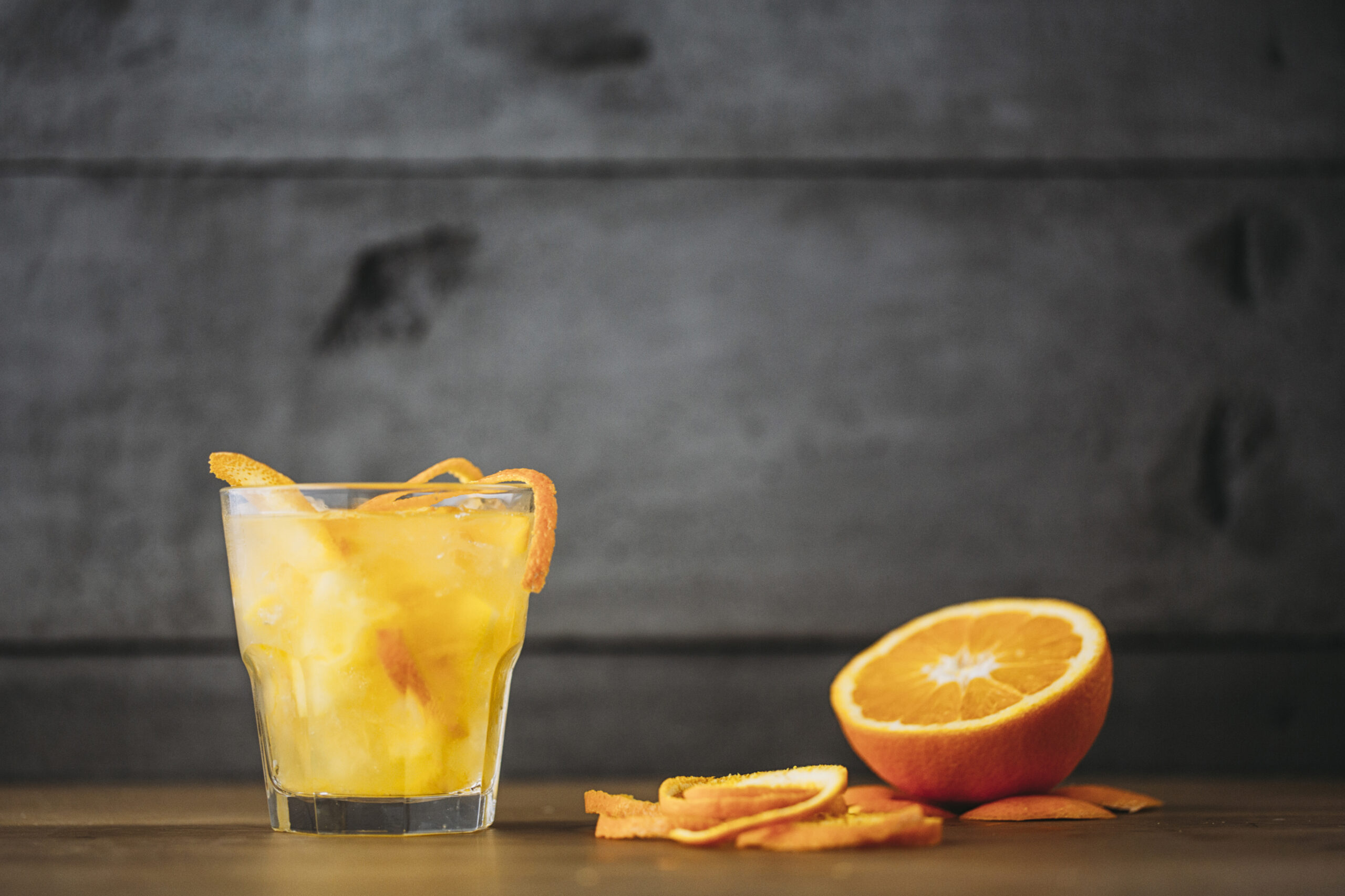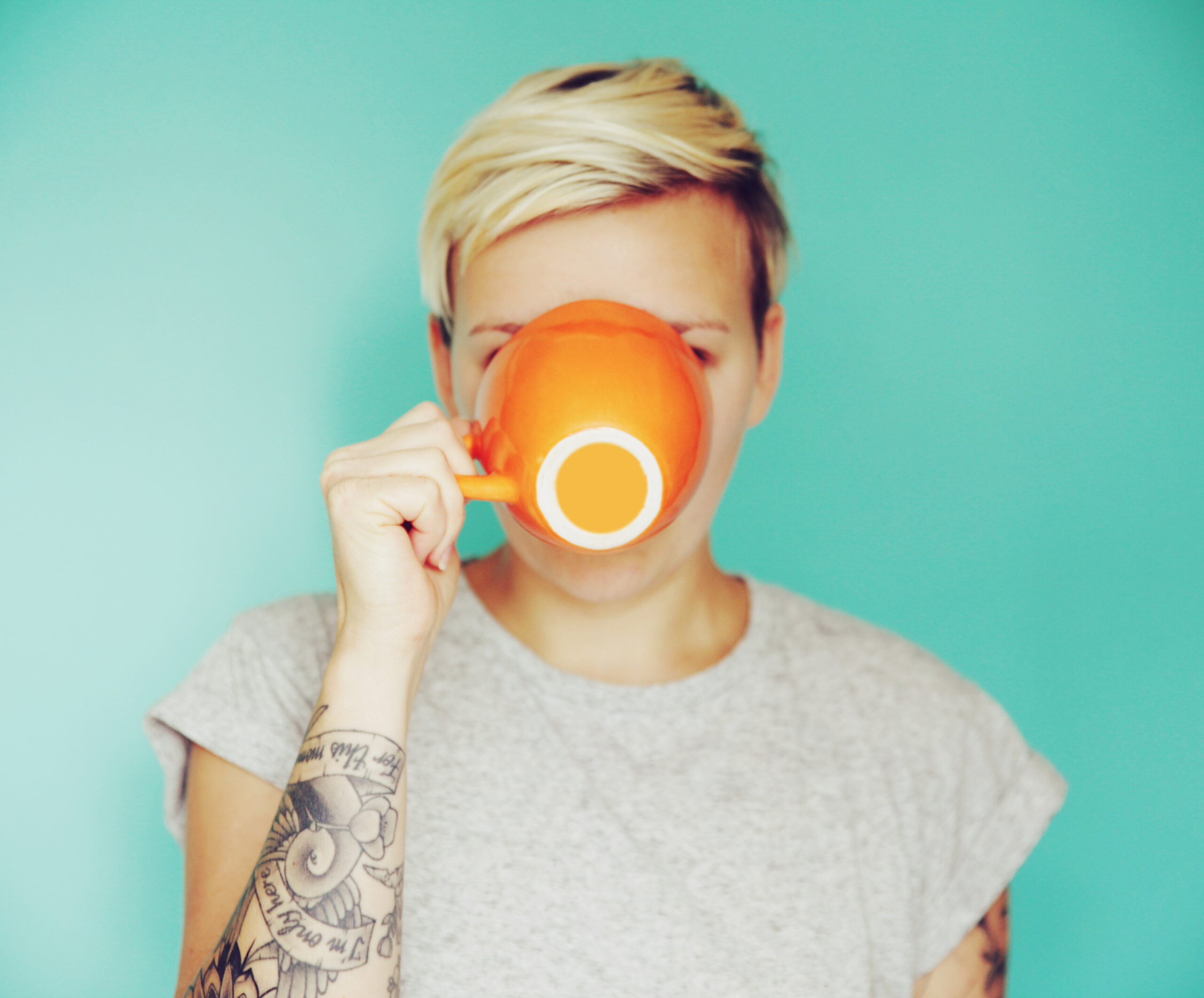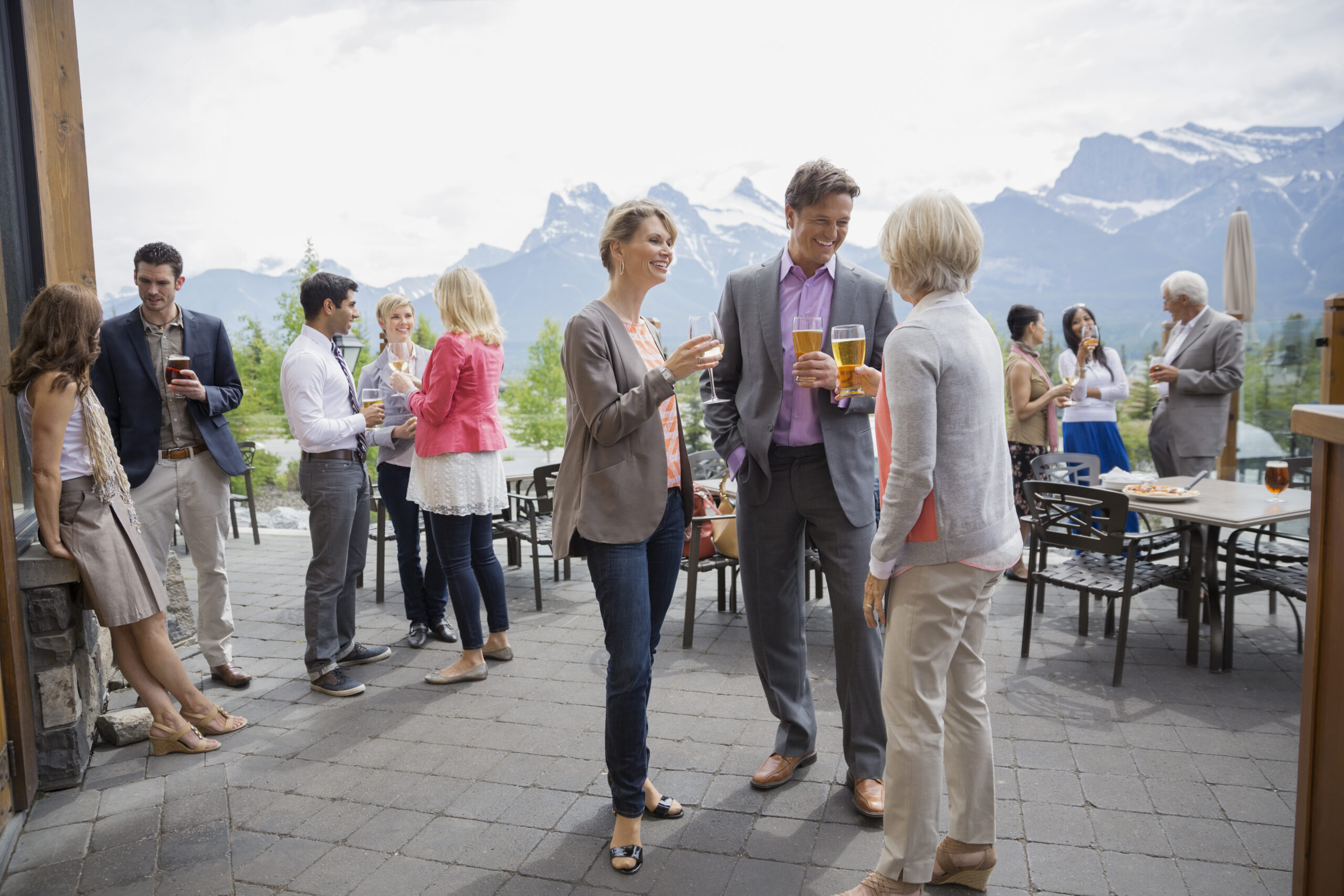Mindfulness is everywhere. There are mindfulness programmes taught in schools and work places. Parenting coaches remind us to parent mindfully. Nutritionists remind us to eat mindfully. And now there’s a movement towards mindful drinking – which can only be a good thing in light of our Kiwi culture of binge drinking and/or drinking to excess.
In New Zealand, we grow up around the notion of drinking to excess. Many of us have tales from our misspent youth -not remembering much about the night before, or spending the evening wrapped around a toilet bowl, or holding our friend’s hair out of the way as she vomits in the neighbour’s garden. While most of us wind it back when we move into middle age, many of us would still feel pretty uncomfortable about attending a social gathering without a glass of wine in our hand.
In comparison, in the UK the number of adults who drink has dropped to a 12-year low, with more than one in five people saying they are completely teetotal. A new alcohol-wary movement has emerged, and last weekend saw its first ever Mindful Drinking Festival, which attracted more than 2000 people.
Stalls offered alcohol-free beers and wines, as well as various teas, tinctures and tonics.

The event was organised by Club Soda, a mindful drinking movement with an online community of more than 10,000 members. The group’s founder, Laura Willoughby, describes mindful drinking as an attitude.
“You become aware of how your body and mind are affected by alcohol and can decide if you’re okay with that. Being mindful about your drinking is all about what is right for you today. You’re in control.”
For some, this means reducing their overall alcohol intake or establishing clearer boundaries around consumption. Alternatively, it may mean giving up drink for a set time, or deciding to become sober indefinitely.

Like many of the festival-goers Grazia spoke to, Rachel, 34, cut back her alcohol consumption for lifestyle reasons, including concern for her overall well-being and a desire to put an end to hangovers.
For her, “Resisting the temptation to drink has not been an issue, but dealing with people’s negative reactions and feeling excluded from what my friends are doing has been really hard.”
There’s also the strong association of alcohol with relaxation. Of course, there’s no harm in looking forward to a glass of wine at the end of a long day at work, or when the kids are in bed – but what if we can’t remember the last dry evening we had?
Fran from Birmingham realised she had to make a change when her three-year-old asked why she wasn’t buying wine that day. Although she finds sober dating a struggle, she says she’s thrilled with the massive improvement in her mental health now she’s not drinking.
Frances, a high-powered executive, finds the positives of mindful drinking outweigh the downsides, too. She’s building a new social life based on her love of sport and says, “I’m relieved to feel I’m no longer taking massive risks with my job by turning up for crucial meetings with a raging hangover.”
Thirty-somethings Bridget and Erica both recognise that their heavy drinking negatively affected their relationships. While Erica’s marriage sadly ended because of it, Bridget and her partner Maxine are now exploring the world of sobriety together. And Bridget believes mindsets are beginning to change.
Crucially, she says, “I no longer feel like I’m sitting on the naughty step because I don’t drink.”
Rachel, meanwhile, is finding support – and a new group of like-minded friends – through involvement in Soberistas, another online mindful drinking community.
Looking around the festival at the tables of women laughing boisterously, friends lounging on beanbags and couples discussing which bottles to buy, it seems she’s right. Zero-proof drinks don’t mean that we miss out; they mean that we stay in control.
By Now to Love and Grazia


